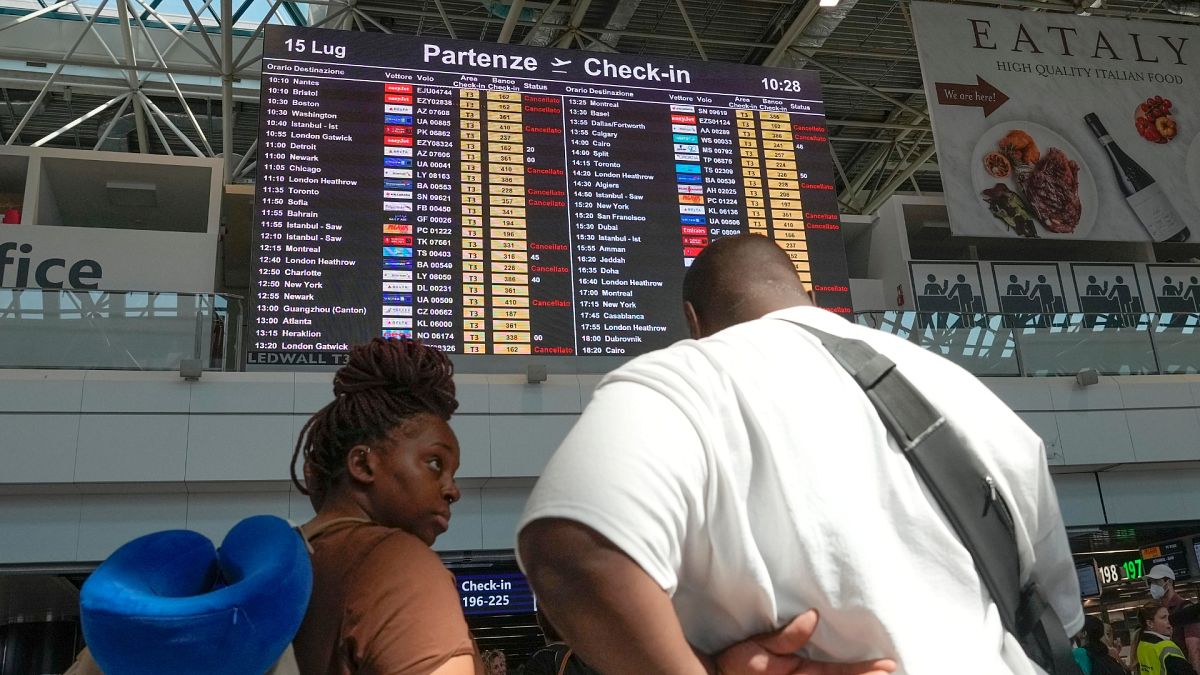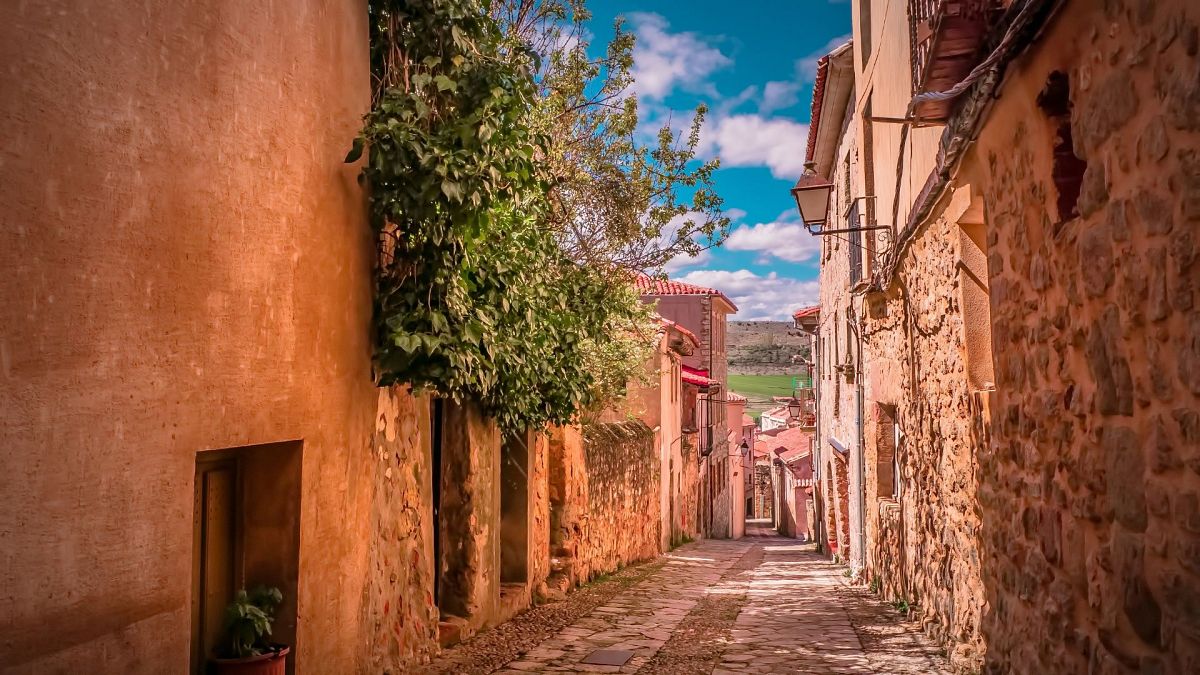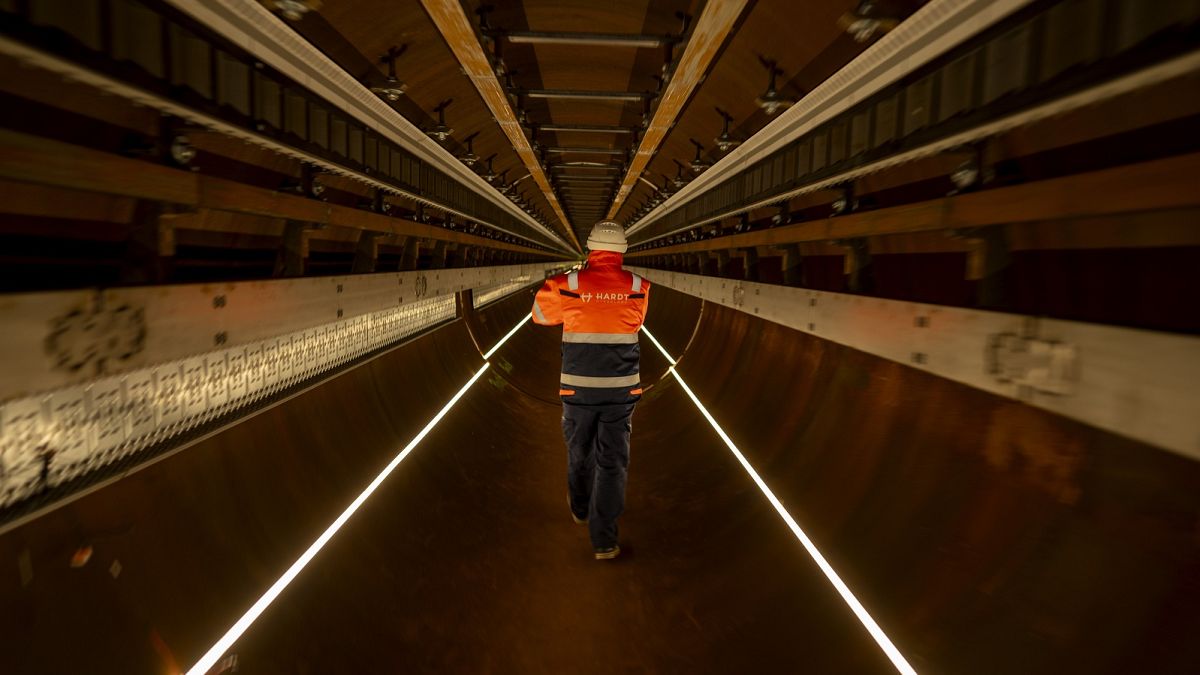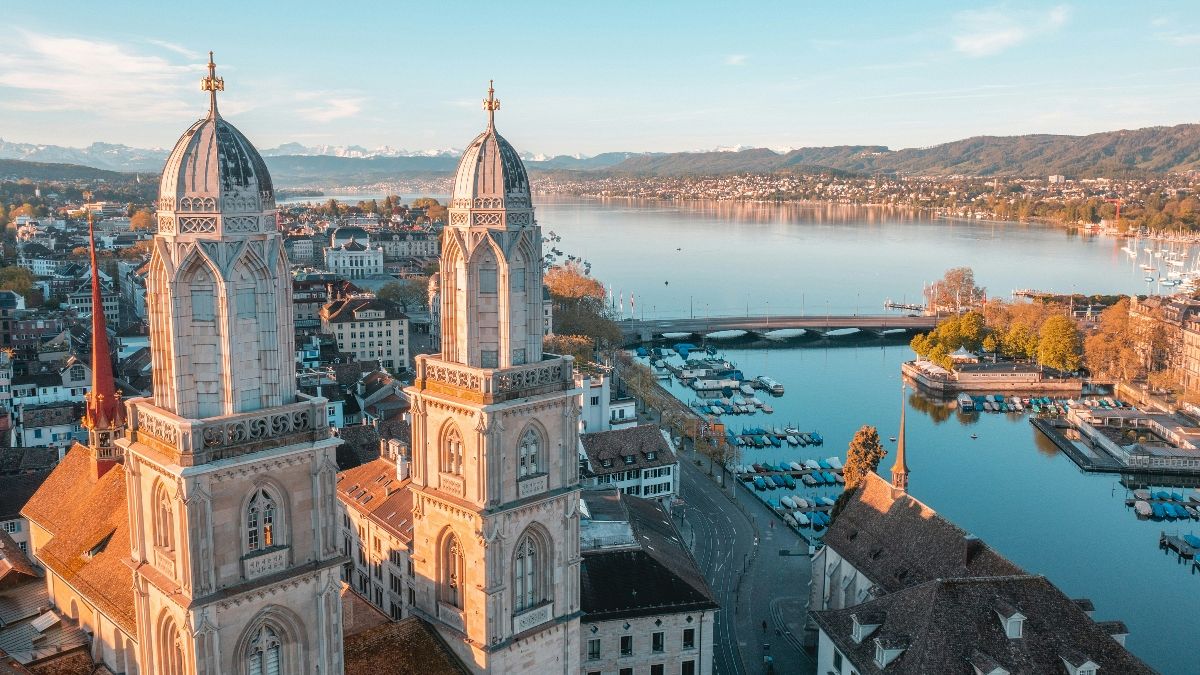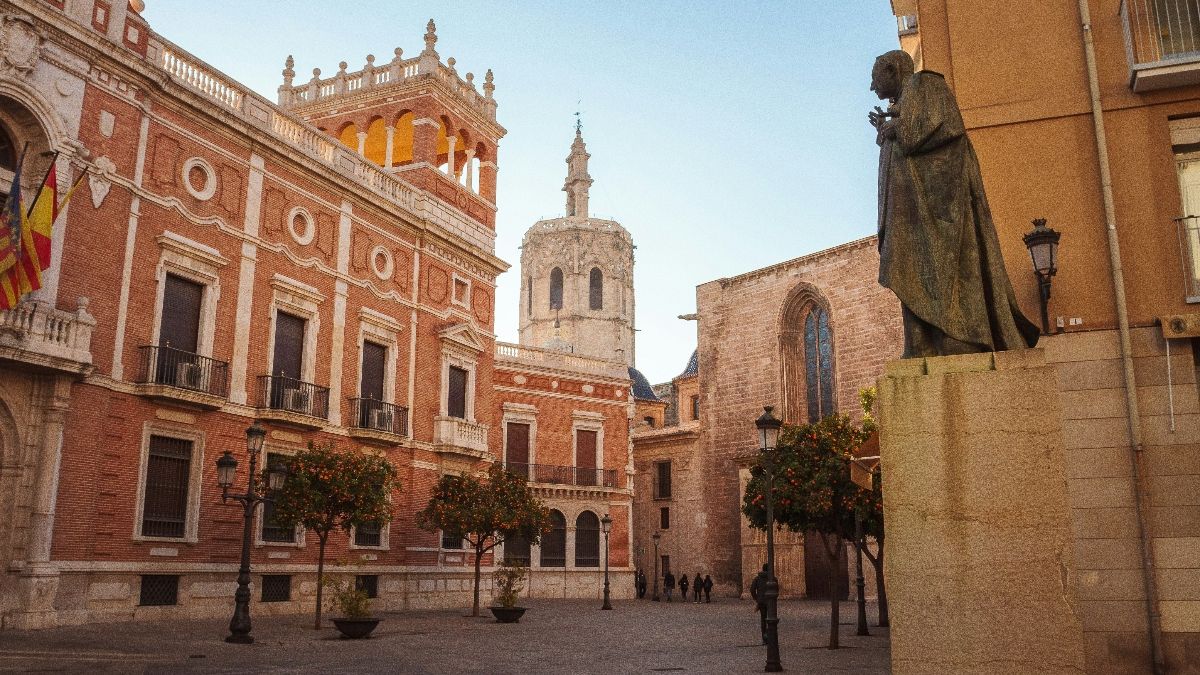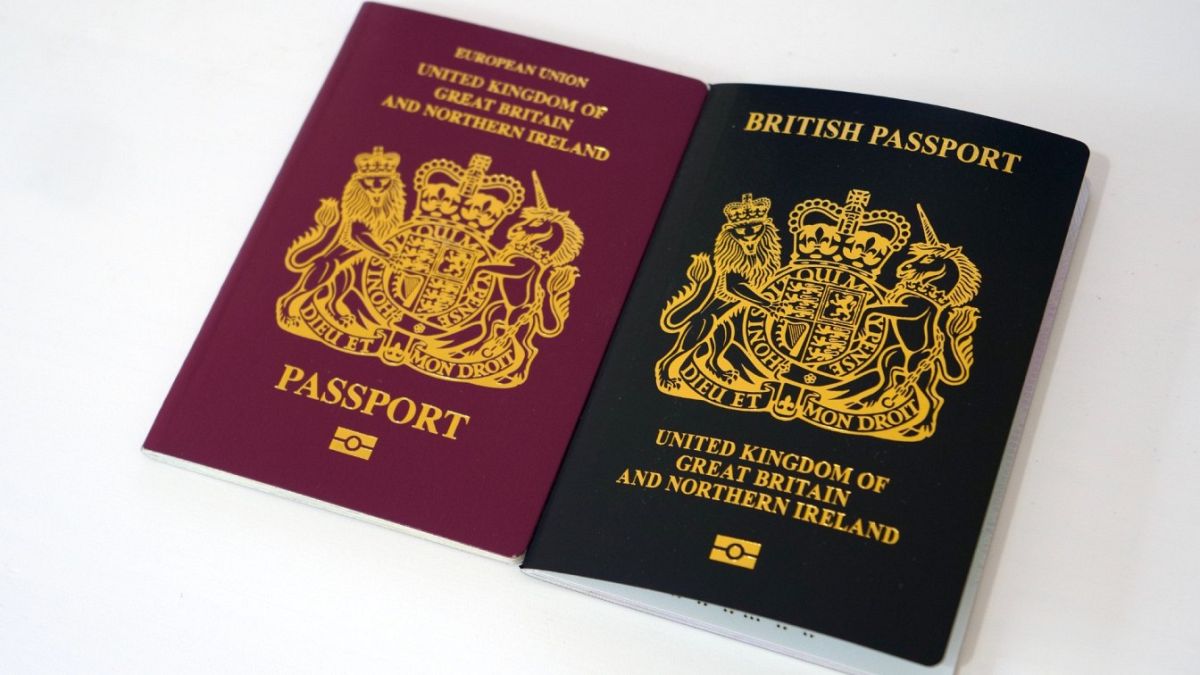Digital nomads in Portugal: Can they be blamed for a housing crisis?

Tens of thousands of digital nomads have poured into Portugal. But what impact are they having on the country?
“Local people are really fired up,” says Guya Accornero, a sociology researcher at the University Institute of Lisbon. “They aren’t happy at all.”
Fuelling their anger are the waves upon waves of visitors crashing into Portugal, aggravating deep-seated issues that already existed in the country.
But a new trend may only be making matters worse: remote working.
Around 16,000 digital nomads already live in the Portuguese capital Lisbon alone, according to Nomad List.
Yet their number could rise even further. In October, a new visa scheme for remote workers came into force in Portugal, though so far only around 200 – mostly Brits and Americans – have taken it up.
“Young foreigner professionals are attracted to Lisbon because the city is very cool and has style,” says Accornero. “You can have a bohemian life here”.
‘People are simply fed up’
Portugal has long been ranked as one of the best places for digital nomads to live and work, with its stunning landscapes and low cost of living.
Still, some claim they are having a ruinous impact on the country itself.
Digital nomads enjoy salaries significantly higher than locals- they are required to earn at least €2,800 per month to get the special visa.
That’s compared to just over half of all workers who earn less than €1,000, according to Portugal’s Labour Minister.
This economic muscle “pushes up prices”, says Catarina Viegas of Climáximo, an anti-capitalist collective, pointing out that Portugal is already ravaged by sky-high inflation.
She claims rent and property values are particularly affected, as digital nomads gobble up short-term rentals that are all already under immense pressure from tourists and foreign investors.
House prices in Portugal have doubled since 2015, according to the International Monetary Fund. Many observers say the country is facing a housing crisis, with prices far outstripping incomes.
And it’s not just people.
“One of the biggest impacts is the flights,” Viegas tells Euronews Travel. “They release a huge amount of emissions”.
The majority of digital nomad visas have been issued to American and Brazilian nationals, requiring long-haul flights from their home countries.
However, digital nomads are just the “tip of the iceberg”, claims researcher Accornero. “Very, very powerful global trends are gripping Portugal.”
One of Europe’s poorest countries, Portugal is heavily reliant on tourism, the backdrop of many issues affecting the country.
“Everything related to tourism,” Accornero says, explaining it had paved the way for digital nomads by making the country “very attractive”.
While the industry has injected much-needed cash into the economy, Viegas says tourism had been monopolised by large international companies, meaning locals see little benefit.
“People say that it’s good for the economy, but who is getting the benefits?” she asks. “It’s not the people that actually live here”.
Gentrification means there is nowhere for Portuguese citizens to live
As the populations living in tourism hotspots, such as Lisbon and Porto, have changed, Viegas claims so too has their character, in a process known as gentrification.
“Gentrification means the market is no longer even made for the people in Portugal,” she continued. “We have been excluded”.
But there are some positives.
Cautious of the blanket nature of the term, Accornero says that new arrivals have helped renew parts of Portugal’s decaying cities and forged “new urban identities”, as foreigners and locals intermingle.
“Politically this is very important,” she said.
Anti-gentrification groups from across Europe have repeatedly rallied against soaring rent prices in Lisbon as the city experiences the biggest tourism boom in its history.
‘They’ve realised it isn’t sustainable’
Behind the digital nomad boom lie deeper issues still.
Buffeted by the economic crisis between 2010 and 2014, Accornero points to moves by Portugal’s cash-strapped government to try and attract wealthy individuals from around the world, implementing new visa regimes.
At the same time, policies were adopted – by governments of left and right – that aimed at liberalising the economy, such as scrapping rental controls – something Accornero says has played a significant role in today’s housing crisis.
Yet, officials are beginning to act.
Last month, Portugal announced a comprehensive package of measures aimed at tackling its housing crisis, including the end of its controversial Golden Visa scheme and a ban on new licences for Airbnbs.
Created in 2013, Portugal’s Golden Visa scheme granted wealthy non-EU individuals residency permits, so long as they invest in the country.
Still, Viegas said there were lessons here for the future.
“The state could be much more cautious about the decisions they make, especially in terms of the way our cities are organised,” she said.
Source: Euro News




